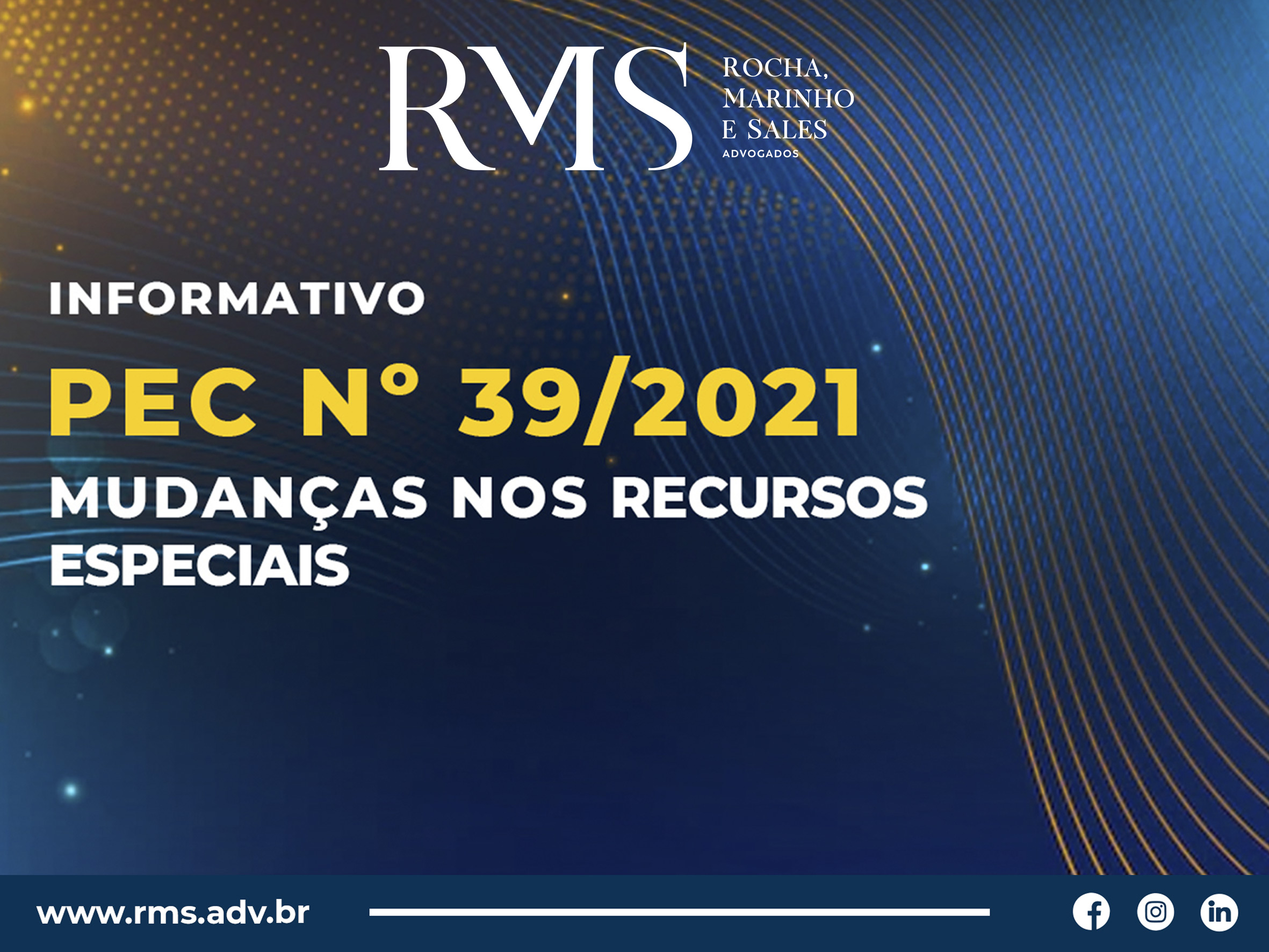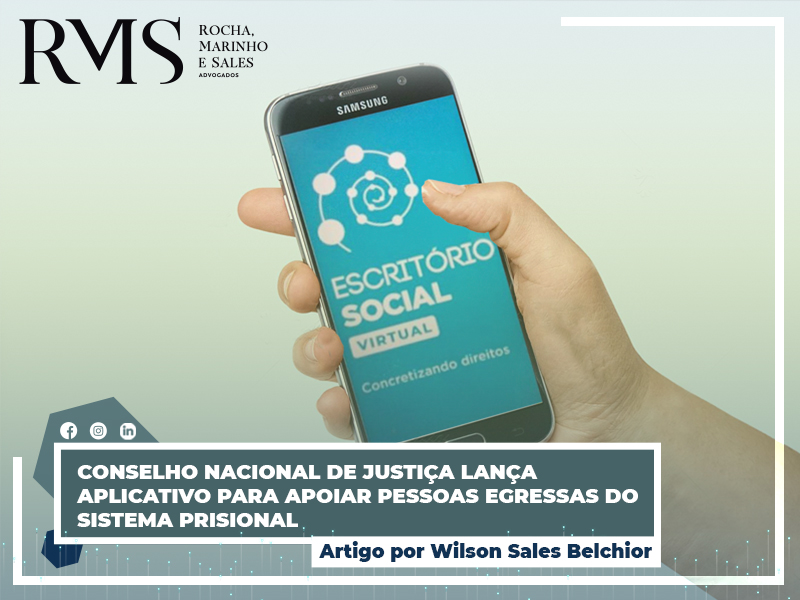100% digital court is implemented in Brazilian courts
15/02/2021

Adherence to the practice of procedural acts exclusively by electronic means grows in the Judiciary
The National Council of Justice (CNJ), in October 2020, authorized the Brazilian Courts to adopt the 100% digital Court. In this system, all procedural acts are performed exclusively by electronic means and remotely through the internet. Resolution No. 345/2020 regulates the information that must be provided by the procedural subjects, the holding of hearings and sessions, the attendance of lawyers and the optional nature of the option for the 100% digital Court.
The normative act undoubtedly means expressive recognition of the digital transformation observed in the Brazilian Judiciary. The 100% digital Judgment is an example of institutional improvement supported by technological innovation with the potential to benefit, in a broad way, the jurisdictional provision and society itself.
In the State Courts, the Rio de Janeiro Court of Justice was the first Brazilian Court to implement a 100% digital Court in October 2020. Normative Act 28/2020 details the Court’s adhesion, dealing, among other aspects, with the optional choice, units judiciary that make up the Pilot Project, practice of procedural acts, hearings and sessions in electronic media, including mediation and conciliation, electronic service to the public.
In Paraíba, the “100% digital hearing” project, in the District of Queimadas, started the practice of 100% digital court in the state, so that in October 2020, more than 250 virtual hearings had already been held. In the referred project, acts such as subpoena and summons are performed and made possible via electronic means, without the need for external displacement.
At the Ceará Court of Justice, Ordinance No. 1539/2020 provided for the implementation of the 100% digital Judgment in the form of a Pilot Project in some judicial units (Special Civil and Criminal Courts of the District of Crato; 1st and 2nd units of the Special Civil Courts and Criminals from the District of Juazeiro do Norte). Thus, it was established that, with the exception of the proceedings that are pending in secret, the hearings held by videoconference may be accompanied by persons unrelated to the demands. In this case, the viewer will need to have made the previous registration request and keep the camera on during the act, in order to verify identity and presence.
The 5th Region TRF was the first, among the Federal Regional Courts, to adhere to the 100% digital Court. Resolution / Full nº 13/2020 stipulates that the judicial units will create and designate a videoconference room for the process, in which participants will be registered with e-mails and mobile phone numbers. The forwarding of the “invitation e-mail” or electronic message to the hearing will be considered as a summons, including the date, time, access code, meeting password, link and means of contact.
The Bahia Court of Justice has made publicly available a manual containing introductory notions, a procedure for registering cases in the 100% digital court and guidance to notary publics. For lawyers, in the process registration panel, it is necessary to add ownership to the process, in the PJe’s characteristics tab, referring to the 100% digital Court.
In addition, they have already joined the 100% digital Court, TJ-AM, TJ-ES, TJ-GO, TJ-MA, TJ-MG, TJM-MG, TJ-MT, TJ-MS, TJ-PE, TJ-RN , TJ-RO, TJ-SP, TRT-14, TRT-9 and TRF-4.
Wilson Sales Belchior




